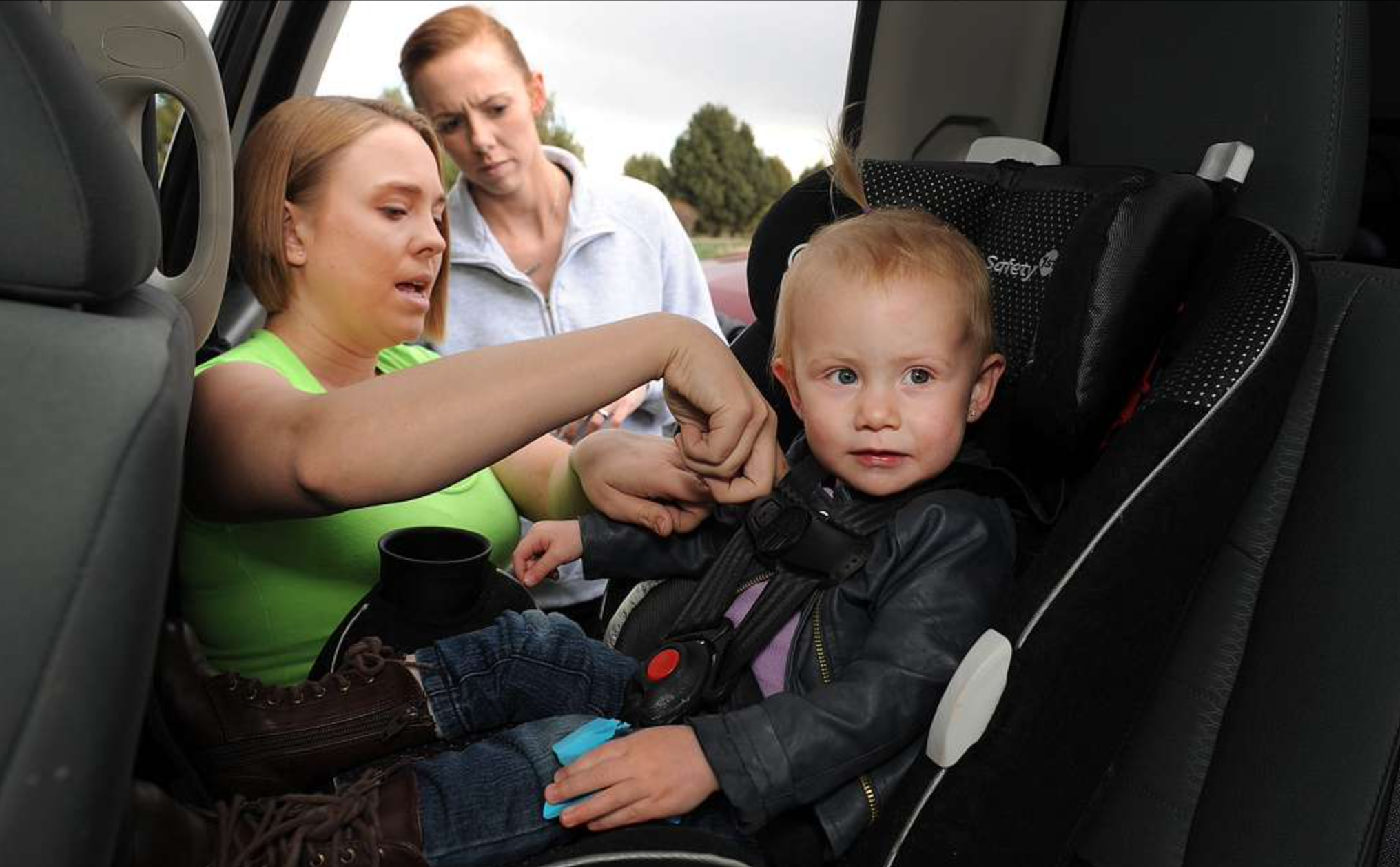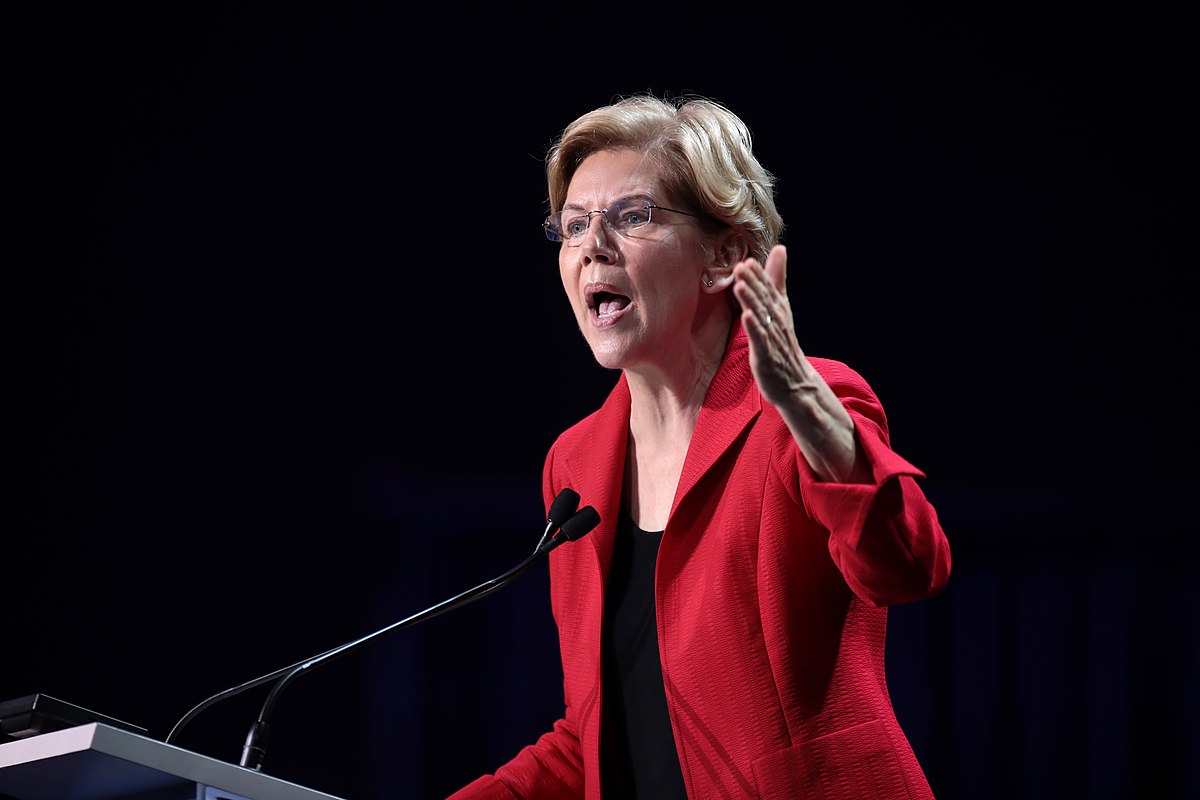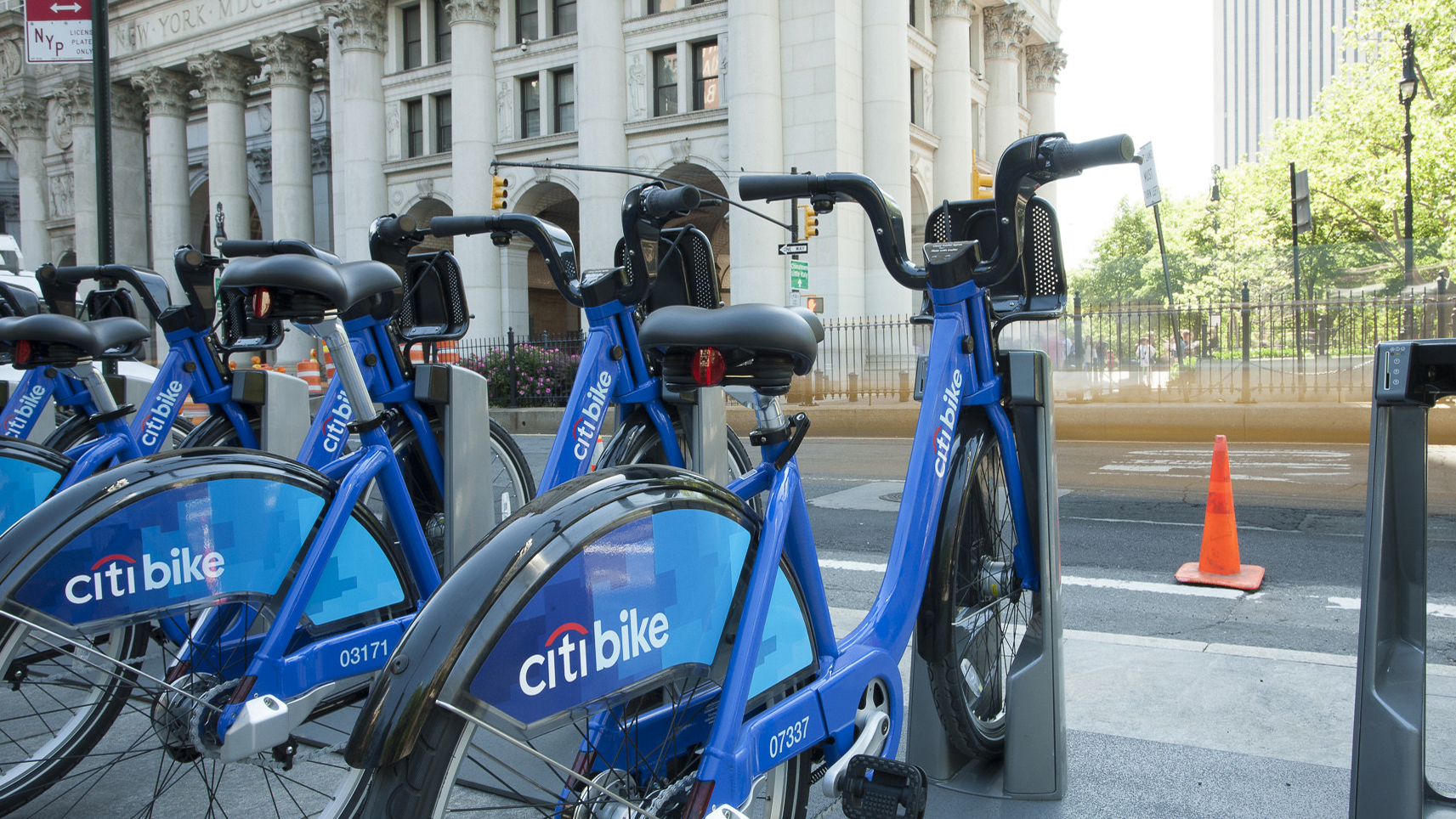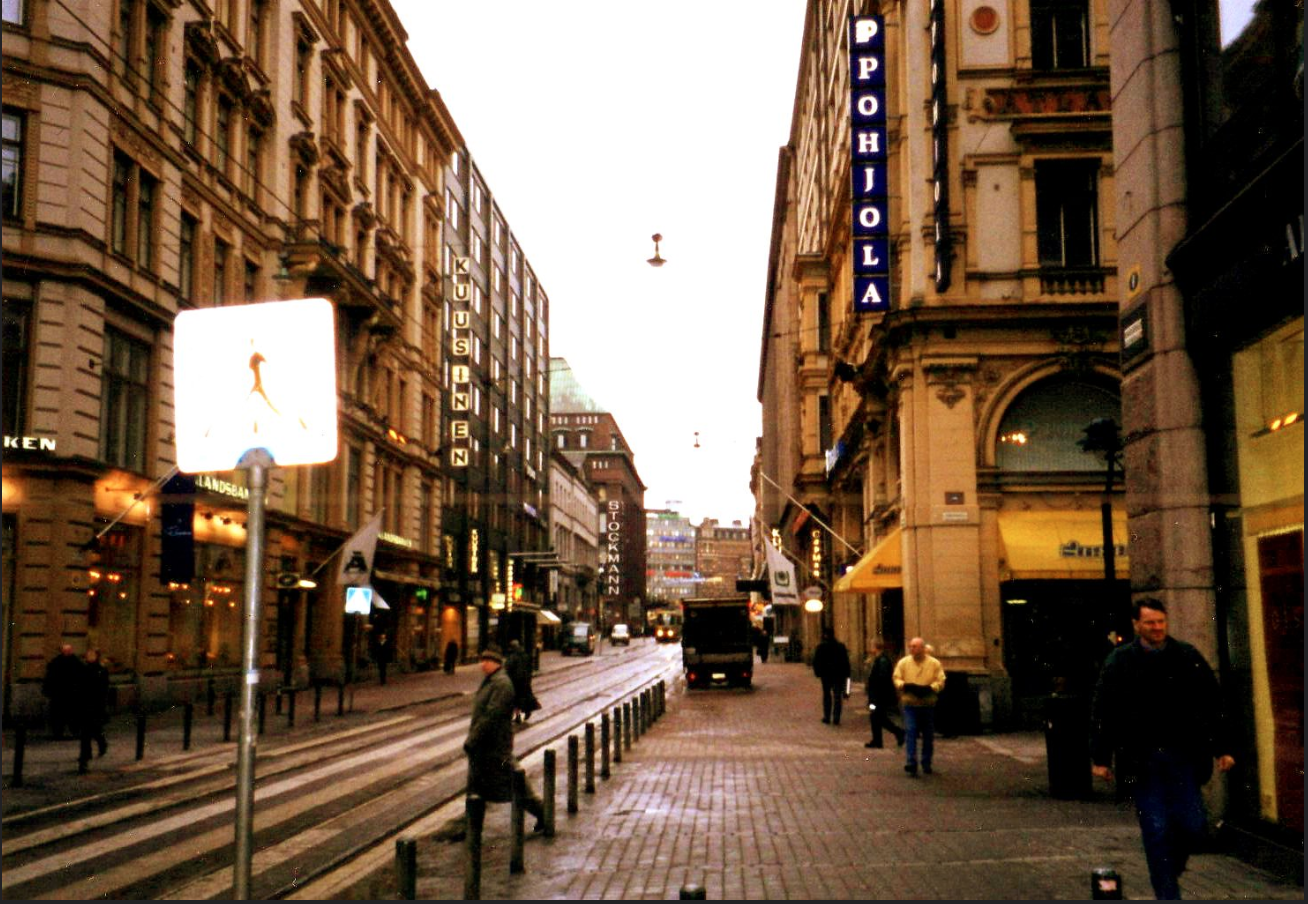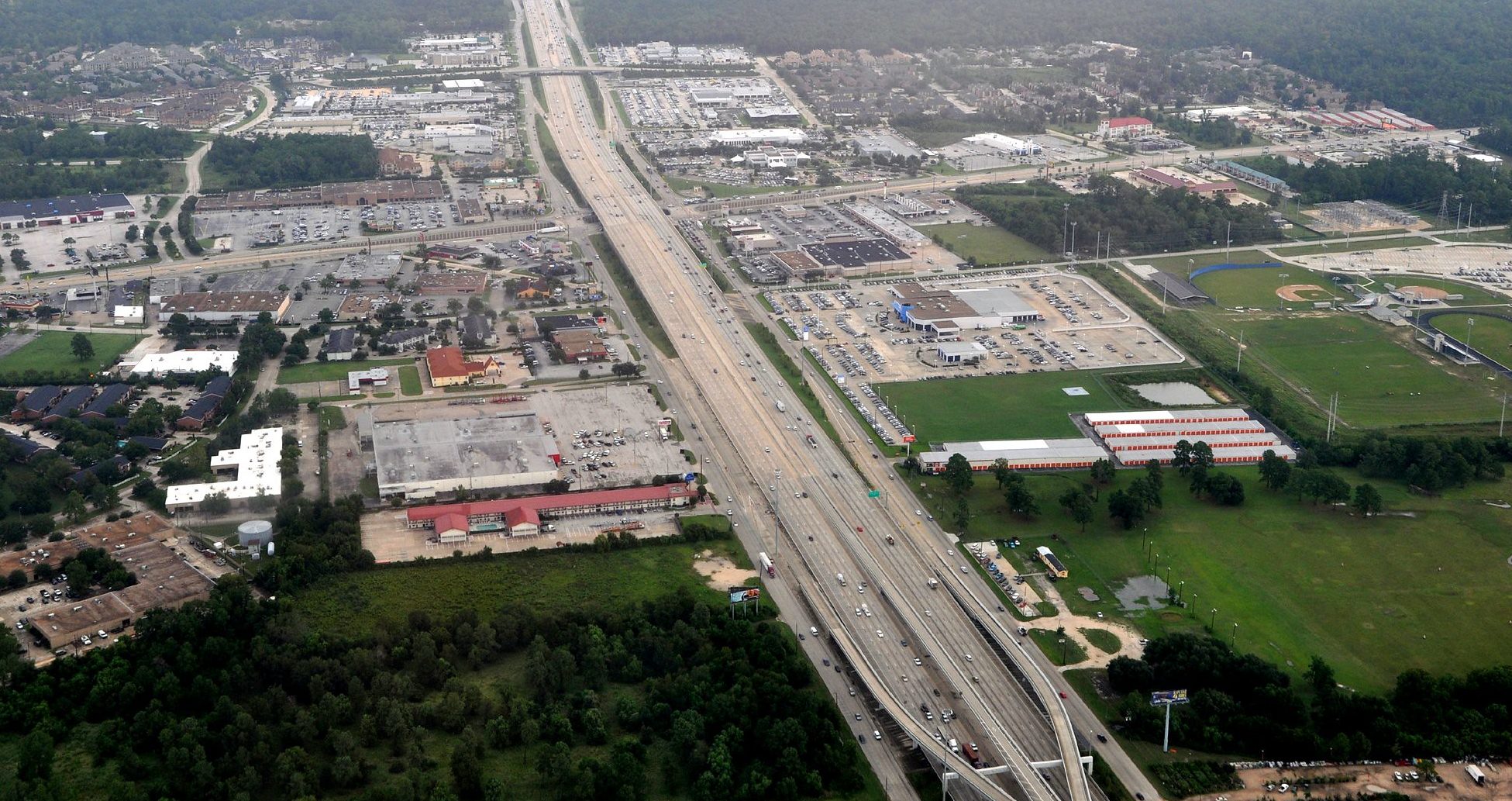In the past few years, Congressional Republicans tried and failed to turn the federal transportation program into a highways-only affair. Still, the GOP isn't giving up on eliminating federal funds for transit, walking, and biking.
Donald Trump may have made his name building on the most transit-rich real estate in the nation, but he hasn't changed the party's stance on transportation at all. The transportation plank in the newly updated GOP platform [PDF] is as extreme and hostile to cities as ever.
Here are some of the lowlights:
1. Eliminating federal funding for transit, walking, and biking
The Republican Party platform calls for cutting all federal funding for transit, walking, and biking.
The loss of federal funding would cause chaos for transit agencies and transit riders, disrupting and diminishing capacity to operate, maintain, and expand transit systems. The reason this proposal goes nowhere in Congress is that even a sizable share of Republicans realize it would be disastrous to kneecap transit in the nation's urban centers, where so much economic activity is concentrated.
During a Bloomberg Politics event on infrastructure yesterday at the RNC, Nebraska Senator Deb Fischer (a big Trump booster) toed the "no gas tax for transit" line. She suggested that transit could be funded by a "user fee" on "ticket sales" -- apparently unfamiliar with the term "fares," let alone the fact that roads don't come close to paying for themselves either.
Republicans are also out to squelch the measly 2 percent of federal transportation funding that goes to walking and biking projects. The GOP platform specifically calls out "bike-share programs, sidewalks, recreational trails" as undeserving of federal support.
2. Obama's conspiracy to "coerce people out of their cars"
The GOP has gotten away from explicitly calling any attempt to improve transit, walking, or biking a United Nations conspiracy -- apparently that was deemed too crazy. But it's still completely acceptable to accuse President Obama of orchestrating the conspiracy instead.
Obama has secured some additional funds for transit and rail via relatively small programs like TIGER, and may adjust federal rules to nudge state DOTs in a more multi-modal direction. This amounts to tinkering around the margins of federal transportation policy, which remains heavily tilted toward highways and allocates tens of billions of dollars a year for roads. For this, the GOP accuses the Obama administration of trying to "coerce people out of their cars" and "social engineering as it pursues an exclusively urban vision of dense housing and government transit."
3. No mention of the 35,000 traffic deaths on American streets every year
Traffic fatalities are on the rise and the Centers for Disease Control recently pointed out that America is falling far behind peer nations when it comes to reducing the death toll. But the GOP surface transportation platform doesn't mention safety at all. The document does refer glowingly to the 1980 Republican platform, which led to the revocation of the national speed limit, freeing states like Texas to raise limits to speeds like 85 miles per hour.

